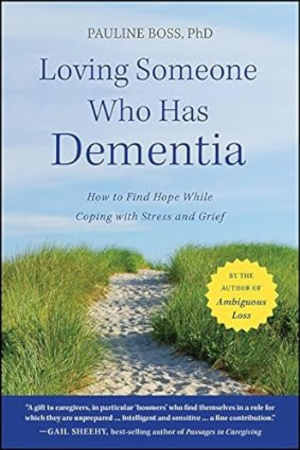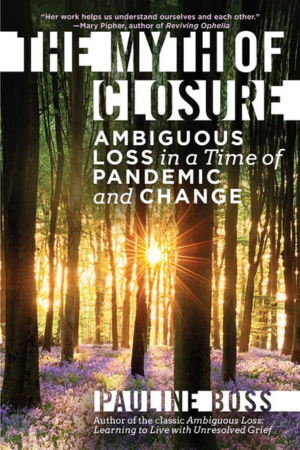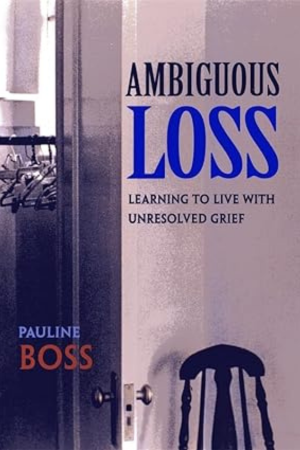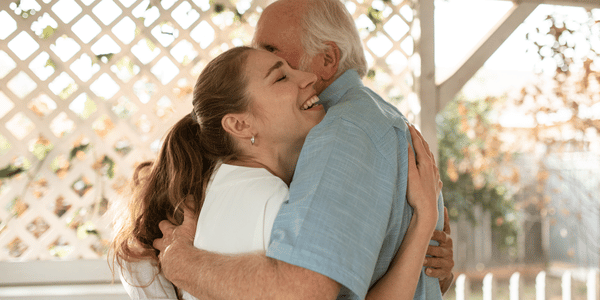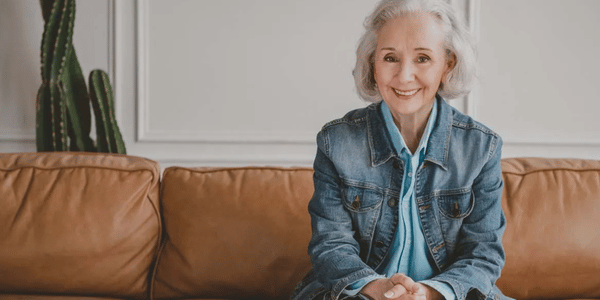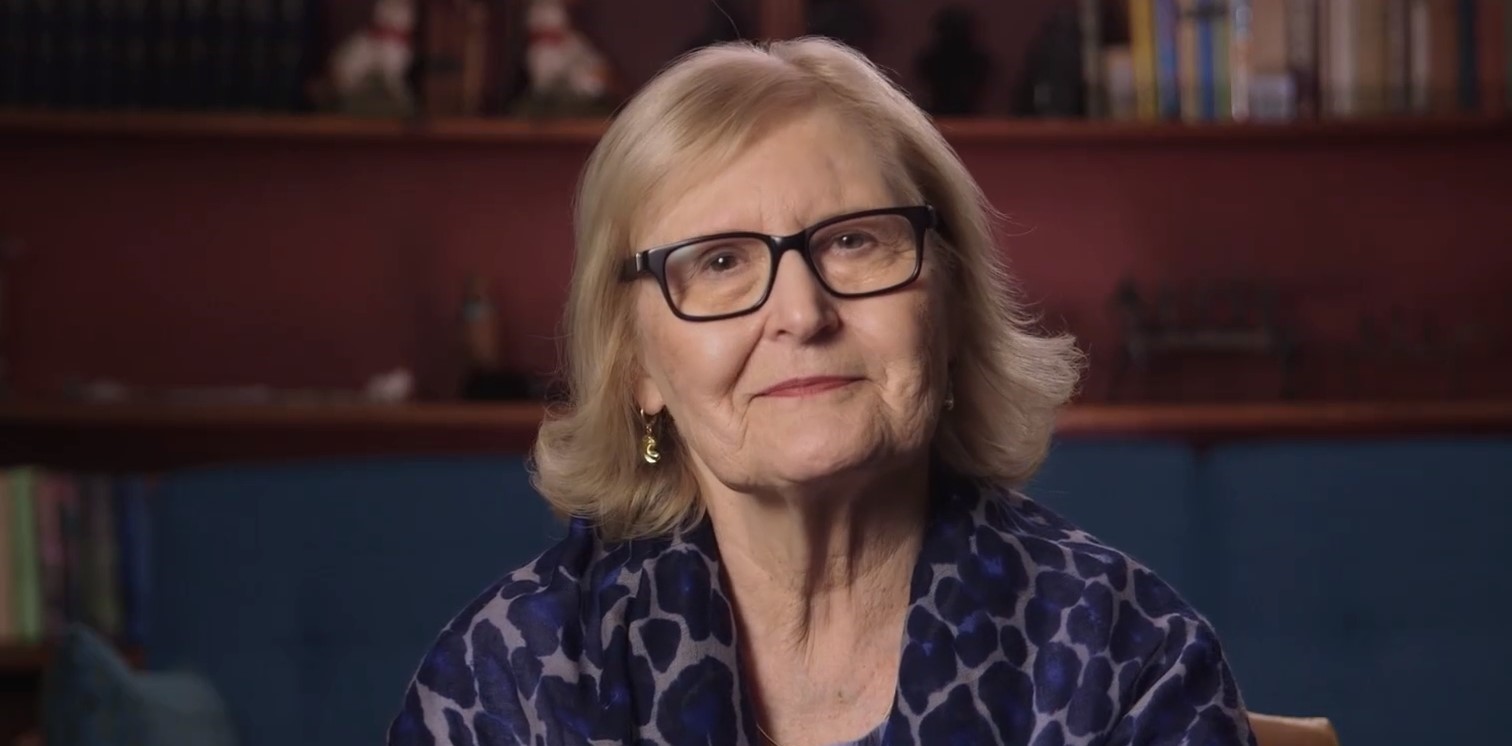
Watch the Finding Meaning and Hope video trailer to learn more about Dr. Boss’ groundbreaking work.
The work of the Meaning & Hope Institute is based on the pioneering work of Pauline Boss, Ph.D., emeritus professor of Family Social Science at the University of Minnesota; a fellow in the American Association of Marriage and Family Therapy; and former president of the National Council on Family Relations. For much of her professional career, Dr. Boss was a visiting professor at Harvard Medical School (child psychiatry), University of Southern California (gerontology), and Hunter School of Social Work in New York City. She is best known for her groundbreaking research as the pioneering theorist and clinical practitioner of stress reduction for people whose loved ones are ambiguously lost. Retired since 2022 from much of her professional work including her clinical practice as a family therapist, we are proud that she has named Duet: Partners In Health & Aging as one of three national organizations to carry on her innovative work for the Western United States and beyond.
Dr. Boss coined the term “ambiguous loss” in the 1970s and summarized the research that led to her theory in the widely acclaimed book, Ambiguous Loss: Learning to Live with Unresolved Grief (Harvard University Press,1999). Her more recent book, Loss, Trauma, and Resilience (Norton, 2006), was written for professionals who work with families of the physically and psychologically missing. Upon retiring from the University of Minnesota, Dr. Boss wrote her signature book for family caregivers, Loving Someone Who Has Dementia: How to Find Hope While Coping With Stress and Grief (Jossey-Bass, 2011). In 2016, she began her work with the nonprofit, Duet: Partners In Health & Aging, to create Finding Meaning and Hope, Duet’s signature ten-part video discussion series featuring Dr. Boss sharing her wisdom to help family caregivers understand the impact of ambiguous loss on their health and learn how to navigate the associated stress and grief. Today, Dr. Boss continues to play a central role in developing the methods and outreach of Duet’s Meaning & Hope Institute as a member of the Institute’s National Advisory Council.
Books
Recorded Events
Guilt, Grief, & Guideposts with Dr. Boss and Kathy Ritchie
Dr. Boss and Kathy Ritchie take part in a virtual event to offer help and hope to family caregivers. Dr. Boss explains why feelings of guilt are likely to be part of a caregiver’s normal grief process and offers guideposts for resilience and moving forward despite ambiguous loss. She also shares ideas from her latest book, The Myth of Closure: Ambiguous Loss in a Time of Pandemic and Change.
A Conversation with Dr. Boss: Stress, Coping, and Resiliency
Dr. Boss joined Duet’s Caregiver Webinar series for an intimate conversation. She discussed enduring concepts from her book, Loving Someone Who Has Dementia, with a special focus on stress, coping, and resiliency. As dementia progresses, so does the caregiving journey. Coping and grieving processes are ongoing, which can cause unusually high stress for even the strongest family caregivers. Being resilient means becoming more comfortable with the heightened stress and anxiety, and gaining new strength from the experience.
Family Caregiver Symposium with Dr. Boss and Dr. Kleinman
We brought together two luminaries in the world of caregiving for the first time anywhere. Arthur Kleinman, MD, and Pauline Boss, PhD, shared their professional expertise as academicians, researchers, clinical practitioners, and authors, as well as relate their personal experiences as caregivers to their beloved spouses. Dr. Boss discussed concepts from her book, The Myth of Closure: Ambiguous Loss in a Time of Pandemic and shared techniques for successfully navigating the caregiving journey.

